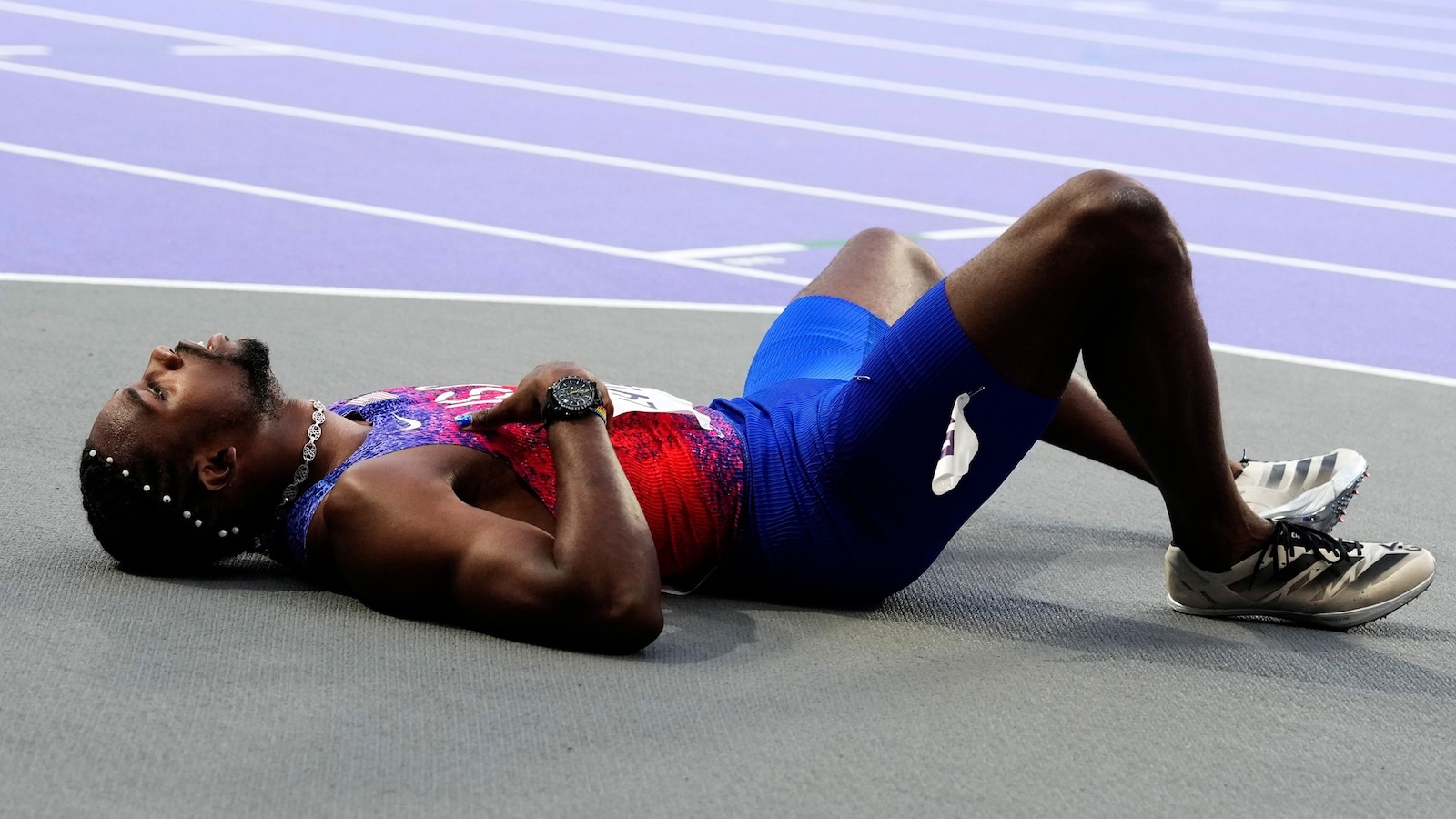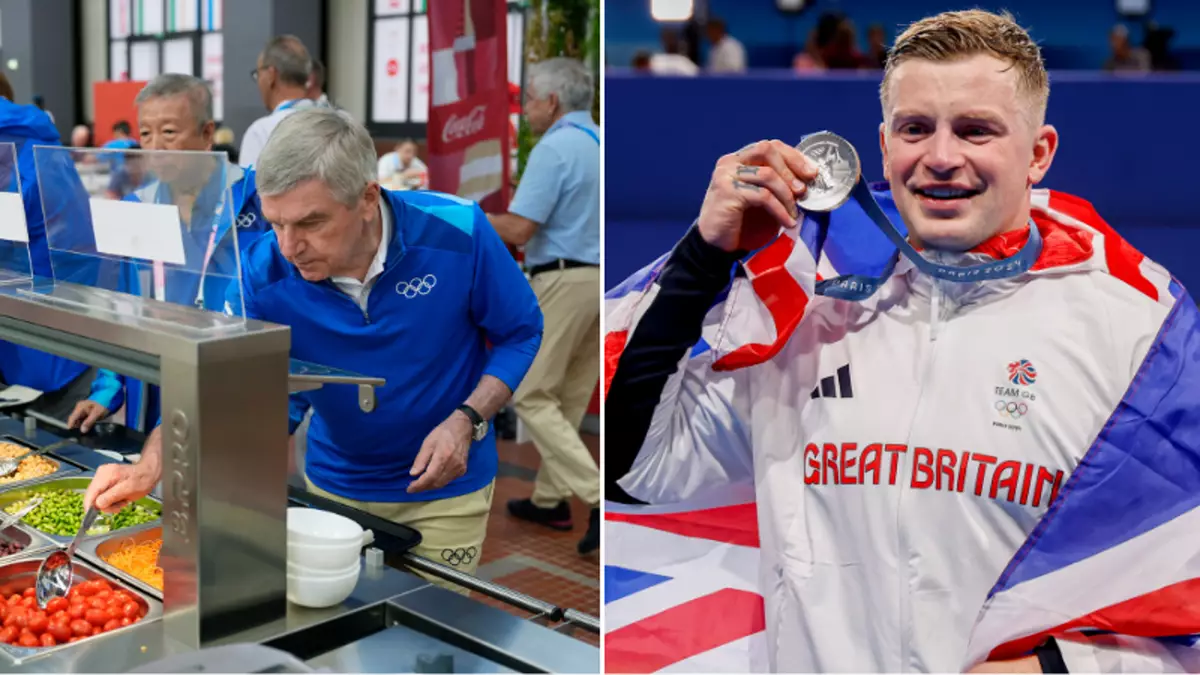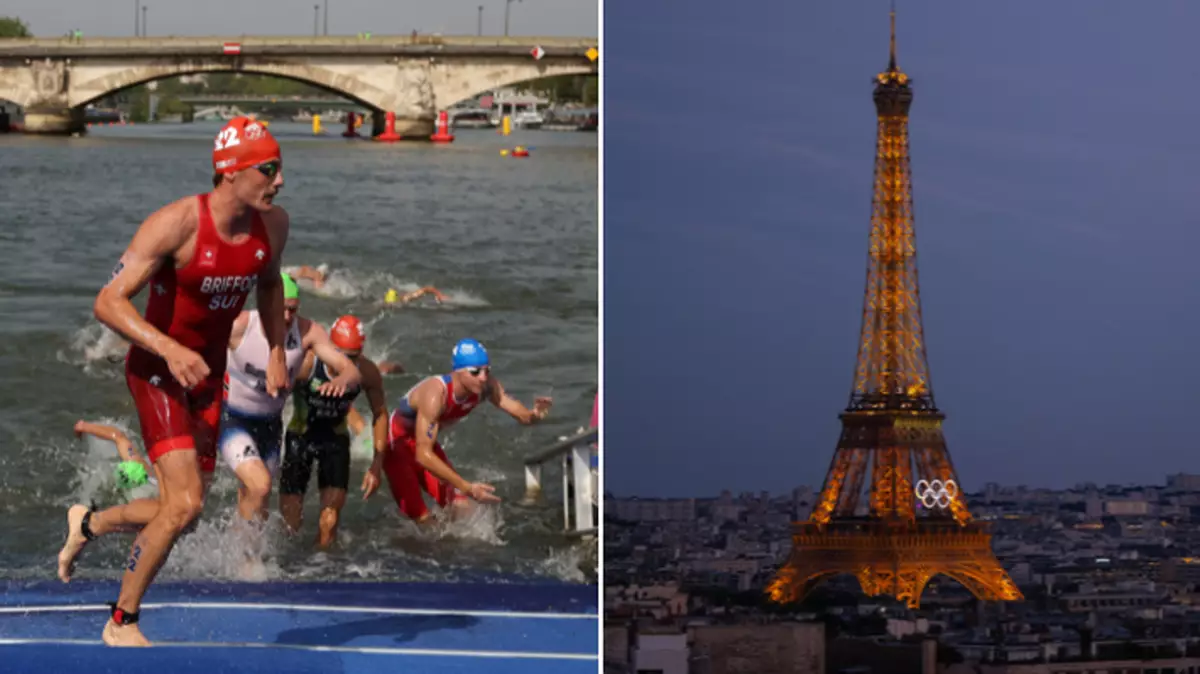COVID-19 at the Paris Games: What You Need to Know
The Paris Games have largely done away with COVID-related restrictions, and as a result, there has been a rise in the number of athletes testing positive for the virus.
Noah Lyles, the American sprinter, is one of the latest athletes to test positive for COVID-19. Lyles tested positive two days before he finished third in the 200-meter final. He was visibly uncomfortable after the race and was pushed from the stadium in a wheelchair.
Lyles’ positive test has raised fresh questions for organizers and athletes, not least as the American sprinter had been hugging fellow athletes despite knowing of his positive test.
The Paris Games are being lauded as an Olympic return to form, with venues packed with excited spectators. However, the collective joy is coming at a cost, as dozens of athletes have tested positive for COVID-19 or other respiratory illnesses.
The Paris Games’ 182-page media handbook contains no mention of COVID-19. The event’s online guidance for spectators directs visitors to the Interior Ministry’s website, which notes that the nation now exempts all travelers from any COVID-related “formalities prior to entry into France.”
A Paris 2024 spokesperson told ABC News: “We are closely monitoring the health situation in conjunction with the Ministry of Health.”
“We regularly remind athletes, and all stakeholders at the Games, of the best practices to follow in the event of respiratory symptoms: wear a mask in the presence of others, limit contact and wash your hands regularly with soap and water or hydroalcoholic gel.”
“All National Olympic Committees and International Federations are also free to implement additional measures for their athletes or competitions.”
COVID cases are rising in the U.S. and elsewhere, an uptick at least partially attributed to the new “FLiRT” variation of the virus.
Long COVID — an umbrella term referring to a raft of chronic conditions related to COVID infection — also still poses a significant problem.
Lyles’ high-profile struggles on Thursday have prompted fresh questions for organizers and athletes, not least as the American sprinter had been hugging fellow athletes despite knowing of his positive test.
USA Track & Field told ABC News in a statement on Friday that it and the United States Olympic & Paralympic Committee “swiftly enacted all necessary protocols” to prioritize Lyles’ health following his positive COVID test, as well as the “wellbeing of our team, and the safety of fellow competitors.”
“Our primary commitment is to ensure the safety of Team USA athletes while upholding their right to compete,” it added. “After a thorough medical evaluation, Noah chose to compete tonight. We respect his decision and will continue to monitor his condition closely.”
“As an organization, we are rigorously adhering to CDC, USOPC, and IOC guidelines for respiratory illnesses to prevent the spread of illness among team members, safeguarding their health and performance.”
Kenneth Bednarek, the American who won the silver medal in the 200-meter contest, downplayed the danger, telling reporters at a press conference after the race: “I don’t think I was put at risk at all.”
“I take care of my body,” Bednarek added. “So when it comes to getting sick, that’s rare for me. So, I mean, when I found out it wasn’t that big of a deal.”



